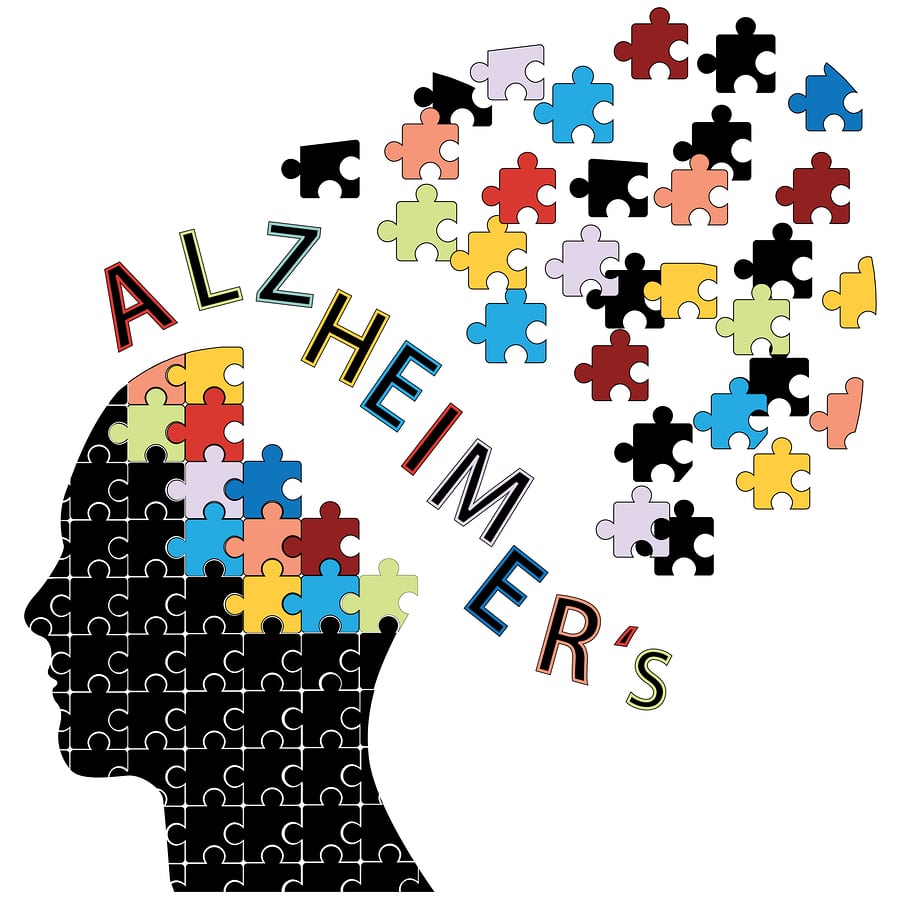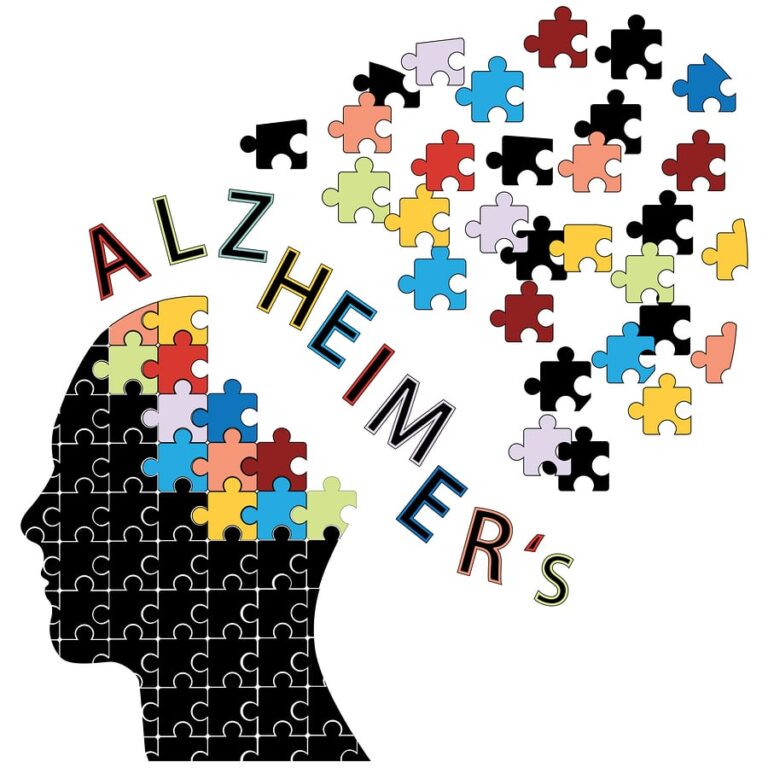Although Alzheimer’s disease is a devastating disease, there’s good reason to hope for a brighter future.
Doctors and scientists continue to study this disease to develop new and better treatment options. One day, they may even find a cure. Recently, researchers conducted a study involving how the immune system might be used to fight Alzheimer’s disease. Though not a treatment or a cure yet, the results provided scientists with new information that could lead to a new way to treat the disease.

Scientists have known for some time that the immune system plays a role in Alzheimer’s disease. However, its work there is both good and bad. On the positive side, the immune system has the capability to rid the body of toxic proteins. But, it can also increase inflammation in the body when it reacts to the amyloid plaques that develop in the brain. The increased inflammation can damage the brain even more.
To understand the recent research, you’ll need to be familiar with two terms:
Microglia: Microglia are a kind of immune cell. They defend the brain from things like toxins and pathogens. When a person has Alzheimer’s disease, the microglia don’t work as well as they should. This may be part of the reason that amyloid plaques build up in the brain.
Toll-Like Receptors (TLRs): TLRs are proteins found on immune cells. They determine when pathogens or other debris are present and cause the immune system to attack.
In the new study, researchers found that people with Alzheimer’s disease had more microglia and, subsequently, more TLRs. The scientists believed that if they could take some of the TLRs off the immune cells, they could become decoys that would reduce the number of amyloid plaques. The TLRs might be able to take in the beta-amyloid before they could form plaques. In addition, there is a possibility they could keep proteins from connecting to microglia and causing inflammation.
When they tested their hypothesis, the researchers found that it worked with one subtype of TLR, called TLR5. It prevented plaques from forming and might have also reversed the formation of plaques.
The research is still early, but it does provide scientists with a new avenue to pursue.
Unfortunately, it probably will not help those who currently suffer from Alzheimer’s disease, but it may offer hope for the future.
For now, if your aging relative has been diagnosed with the disease, senior care can help them to live a better quality of life. Senior care providers can assist with daily care tasks, like dressing, bathing, grooming, and toileting. Senior care providers can also engage them in meaningful activities and keep them safe from harm.
If you or an aging loved one is considering Home Care in Villa Hills, KY, please contact the caring staff at Queen City Elder Care today. Serving Cincinnati and Surrounding Communities. Call Us Today (513) 510-4410.
Sources
https://www.medicalnewstoday.com/
Michele Vollmer is a visionary leader who is perpetually searching for ways to improve, so to remain at the leading edge of the home care industry.She has served in the healthcare industry since 1989, including pharmaceutical and home health sales, as well as hospice sales and sales management
- Personalized Alzheimer’s Care That Makes a Difference at Home - June 4, 2025
- How Does In-Home Respite Care Support Family Caregivers? - May 22, 2025
- Honoring Seniors During Older Americans Month - May 6, 2025




